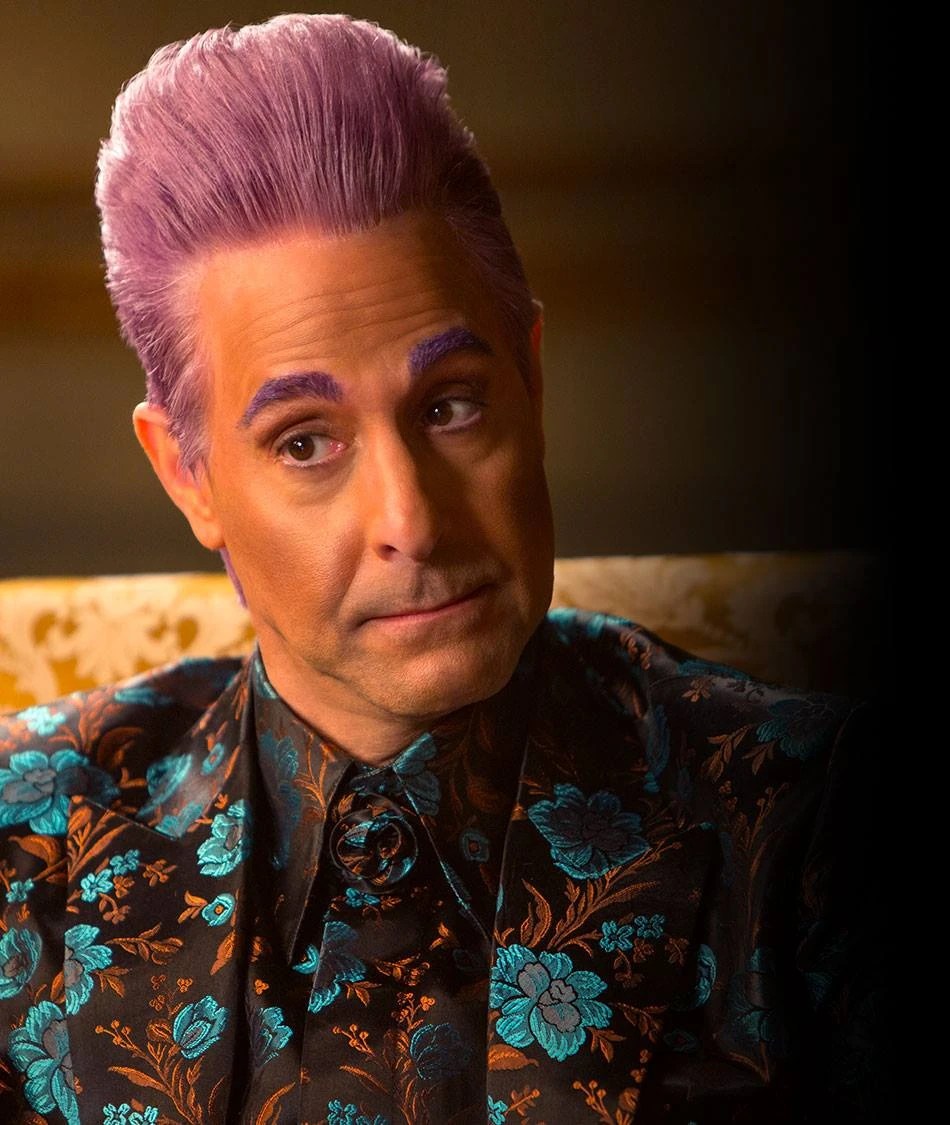In the dystopian world of Suzanne Collins’ "The Hunger Games," the role of the announcer is pivotal, serving as the bridge between the brutal reality of the Games and the spectators watching from the Capitol. This character not only presents the events unfolding in the arena but also shapes the narrative and the perception of the tributes. The announcer’s role adds a layer of drama and spectacle, turning a life-and-death struggle into a televised event, much like a sports commentator heightens the excitement of a game.
As fans of the series know, the Hunger Games is more than just a survival contest; it's a tool of oppression wielded by the Capitol to maintain control over the districts. The announcer in Hunger Games plays a crucial part in this manipulation, often spinning events to favor the Capitol’s agenda. Their commentary can influence public opinion and dictate the emotional tone of the broadcast, making them an unsung yet powerful player in the Games.
With their charismatic voice and engaging presence, the announcer brings the Games to life, captivating audiences and ensuring that every twist and turn is felt by viewers. This article will explore the significance of the announcer in Hunger Games, their role in the narrative, and how they contribute to the overall themes of power and spectacle in Collins’ work.
Who is the Announcer in Hunger Games?
The announcer in Hunger Games is a fictional character who serves as the voice of the arena during the brutal contests. While the books and films do not focus extensively on a singular announcer, characters like Claudius Templesmith emerge as the primary voice. Templesmith is known for his flamboyant personality and theatrical delivery, which enhances the drama of the Games.
What is the Role of the Announcer in Hunger Games?
The role of the announcer in Hunger Games extends beyond mere commentary. They perform several functions:
- Providing Updates: The announcer keeps the audience informed about the status of the tributes, including their locations and actions.
- Creating Drama: By emphasizing certain moments, the announcer builds tension and excitement, drawing viewers into the story.
- Framing Narratives: The announcer often frames the tributes' actions in a way that aligns with the Capitol's narrative, influencing how the audience perceives them.
- Engaging the Audience: The announcer interacts with the audience, making them feel as though they are part of the action.
How Does the Announcer Influence the Perception of the Games?
The announcer in Hunger Games plays a crucial role in shaping how the Games are perceived by the citizens of the Capitol and the districts. Their commentary can glamorize the violence, making it more palatable to the viewers. This manipulation of perception serves the Capitol's interests, reinforcing the idea that the Games are entertainment rather than a horrific display of oppression.
What Makes the Announcer a Key Character in the Hunger Games?
The announcer is a key character for several reasons:
- Symbol of Oppression: The announcer embodies the Capitol’s control over the districts, using their voice to maintain power.
- Entertainment Factor: Their commentary adds an element of entertainment that distracts from the underlying brutality of the Games.
- Connection to the Audience: The announcer serves as a link between the viewers and the tributes, making the audience invested in the outcome.
Does the Announcer Have a Personal Life?
While the novels primarily focus on the Games and the tributes, the announcer's personal life remains largely unexplored. However, some insights can be inferred about their character through their commentary style and interactions. The announcer may be driven by a desire for fame and recognition, reveling in the spotlight that comes with their role.
What are the Implications of the Announcer's Role in the Hunger Games?
The implications of the announcer's role in Hunger Games are profound. They highlight the themes of media manipulation and the spectacle of violence. By presenting the Games as a form of entertainment, the announcer helps normalize the culture of brutality, making it easier for the Capitol to maintain control. This commentary also reflects real-world issues regarding how media can shape narratives and influence public perception.
Who is Claudius Templesmith?
Claudius Templesmith is the most notable announcer in the Hunger Games series. He is characterized by his flamboyant style and engaging personality, making him a memorable figure in the narrative.
| Attribute | Details |
|---|---|
| Name | Claudius Templesmith |
| Occupation | Announcer of the Hunger Games |
| Personality Traits | Flamboyant, charismatic, theatrical |
| Significance | Represents the Capitol's control and manipulation of the Games |
What Lessons Can We Learn from the Announcer's Role in Hunger Games?
The presence of the announcer in Hunger Games serves as a reminder of the power of media and its ability to shape narratives. It underscores the importance of critical thinking and questioning the information presented to us. In a world where entertainment often overshadows reality, the role of the announcer prompts us to reflect on the ethics of media consumption and the impact it has on our perceptions of violence and power.
In conclusion, the announcer in Hunger Games is a crucial character that adds depth to the narrative. Through their commentary, they enhance the drama of the Games while simultaneously serving the interests of the Capitol. The lessons learned from their role extend beyond the fictional world, prompting us to consider the broader implications of media influence in our own lives.



